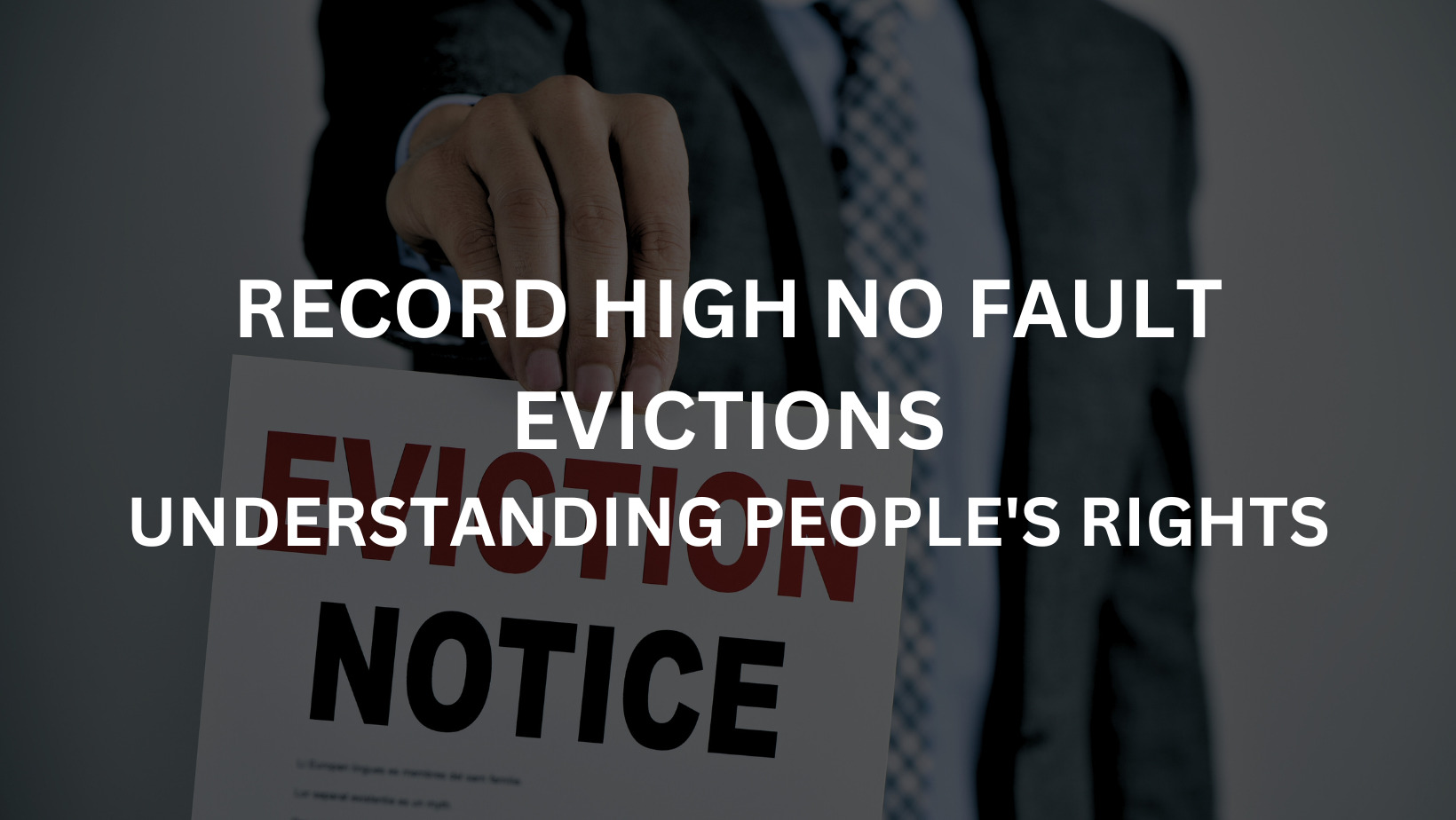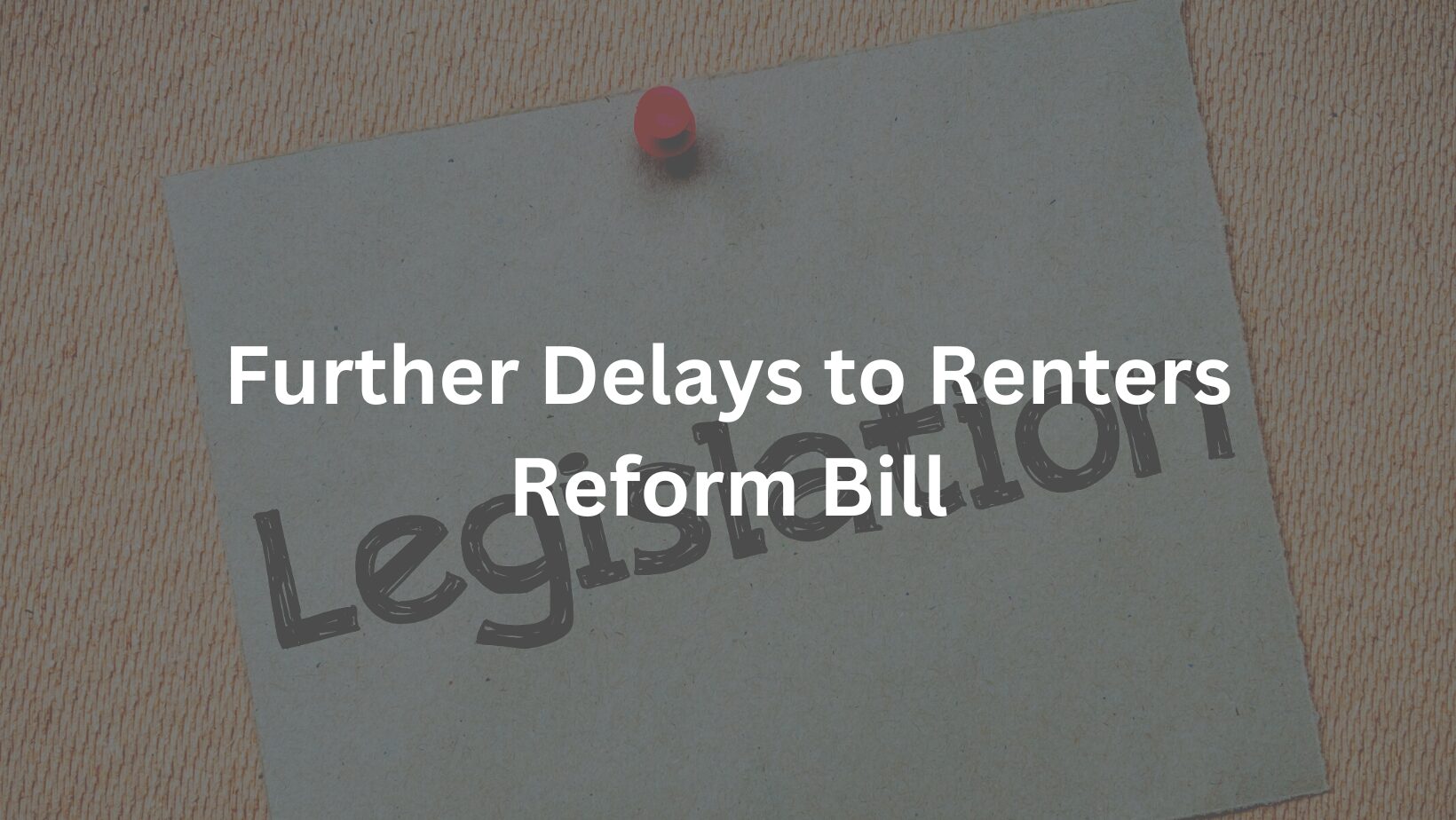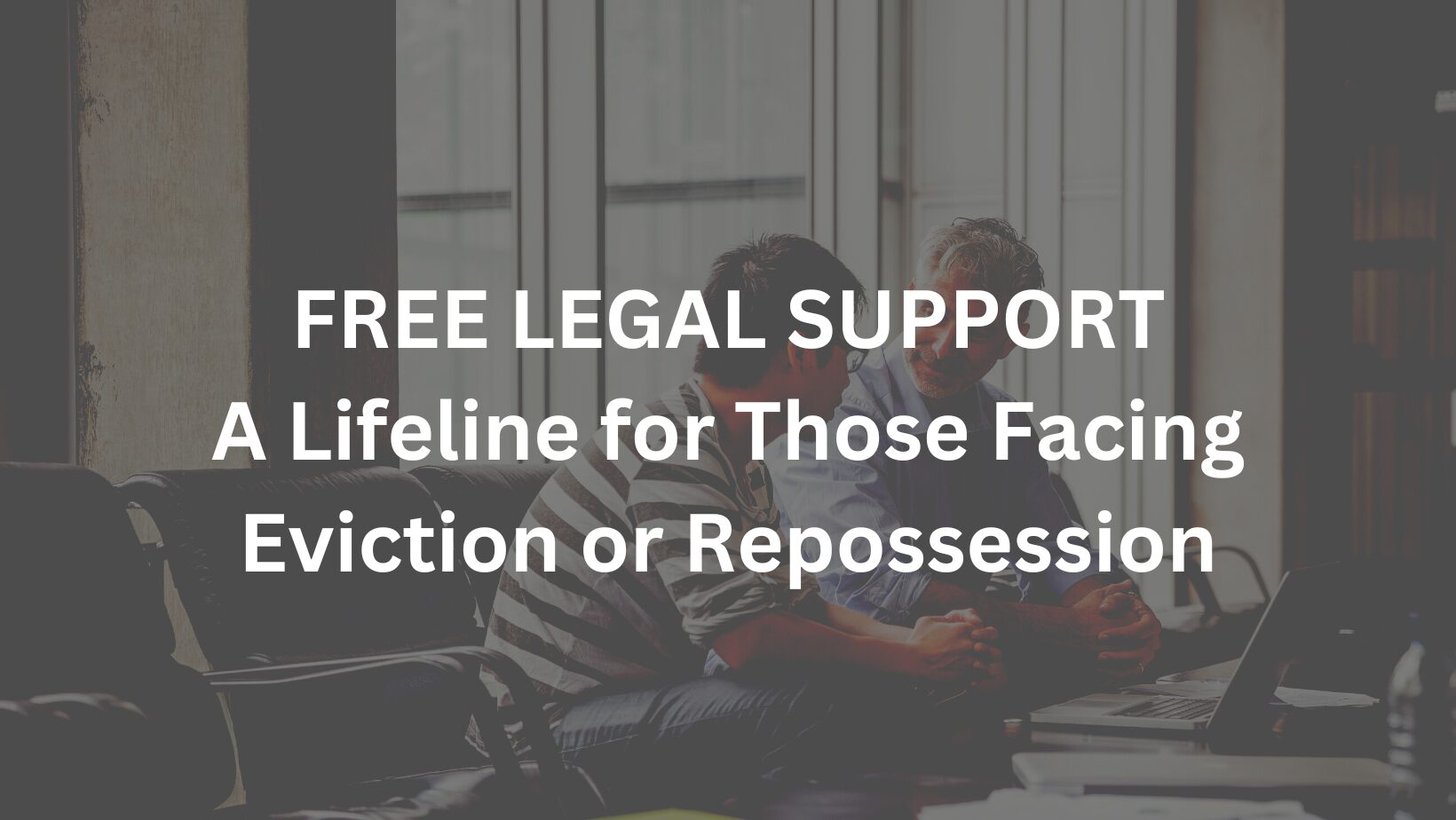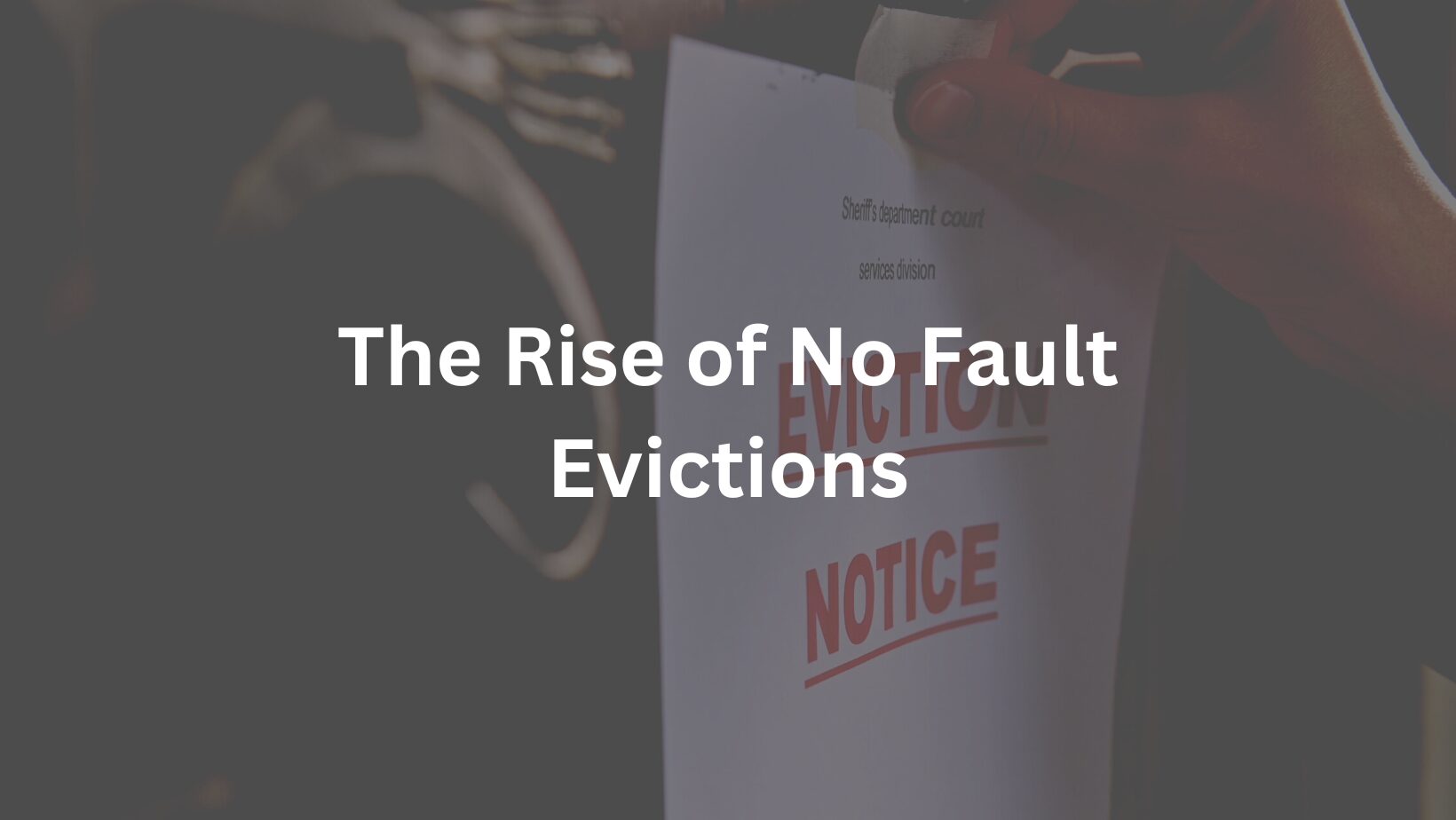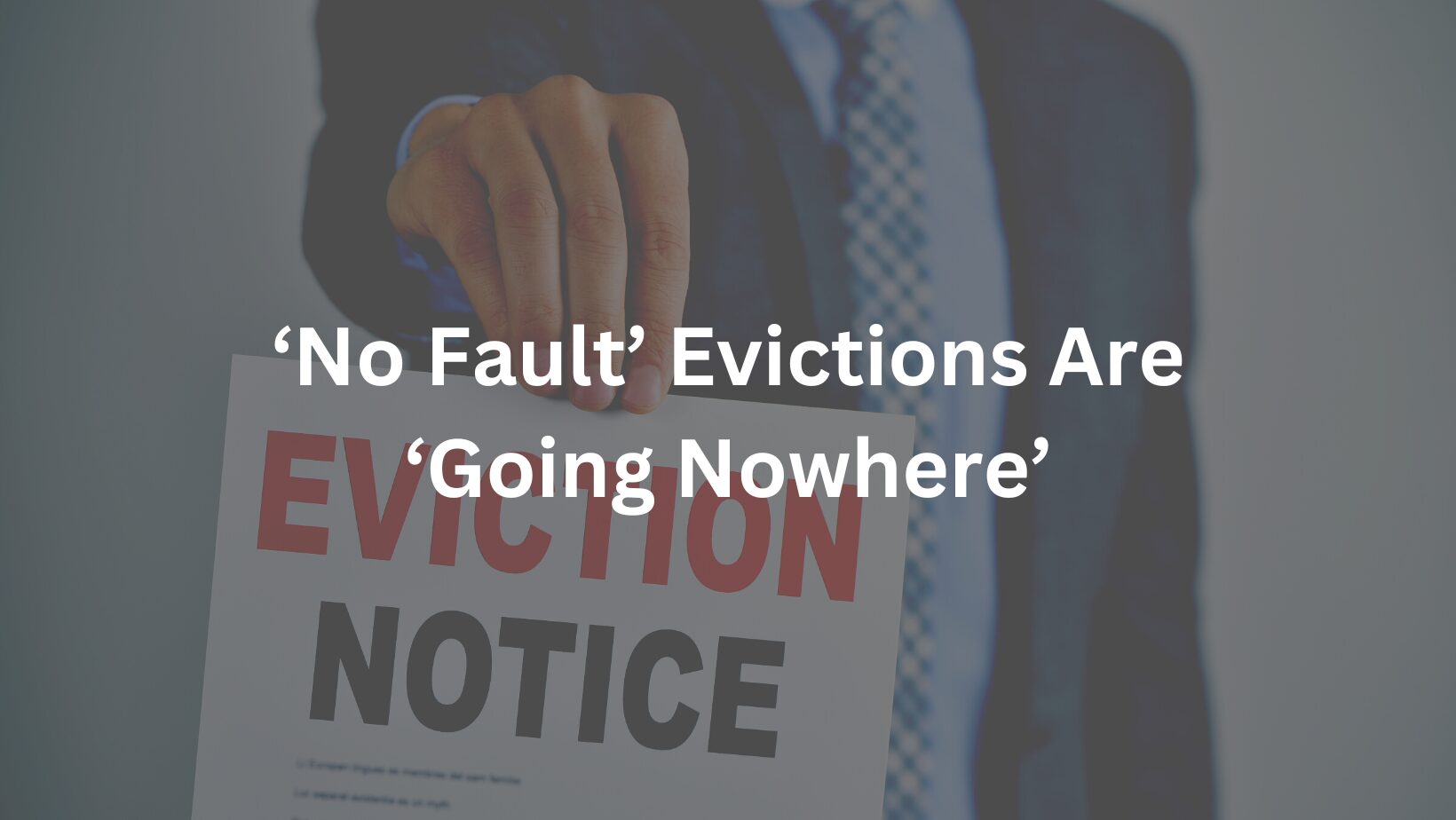In recent years, the number of renters facing no-fault evictions in the UK has reached a record high, creating a growing concern for tenants' rights and stability in the rental market. No-fault evictions, also known as Section 21 evictions, allow landlords to evict tenants without providing a specific reason. This practice has garnered significant attention, sparking debates on the vulnerability of renters and the need for stronger tenant protections.
The UK rental market has witnessed a surge in demand over the past decade, with increasing number of individuals and families relying on rented accommodation. According to the Office for National Statistics, as of 2021, around 20% of households in England were rented from a private landlord. Unfortunately, the rise in demand has not been matched by an equivalent increase in tenant safeguards, leaving many renters vulnerable to sudden eviction.
In an effort to address this issue, the UK government introduced the Tenant Fees Act in June 2019, which imposed stricter regulations on landlords and letting agents. This legislation capped the security deposit amount, prohibited certain fees charged to tenants, and introduced restrictions on no-fault evictions. However, despite these efforts, no-fault evictions continue to rise, highlighting the need for further measures to protect tenants.
To address this pressing concern, the UK government has proposed the Renters' Reform Bill, which aims to abolish Section 21 evictions altogether . This proposed legislation seeks to create a more balanced rental market by increasing tenant security and strengthening their rights. If passed, the Renters' Reform Bill would provide renters with greater stability, ensuring that they can establish a genuine home without fear of arbitrary eviction.
In the meantime, it is important for tenants to be aware of their rights and options when facing a no-fault eviction. Here are some key points to consider:
1. Review the Tenancy Agreement: Familiarise yourself with the terms and conditions outlined in your tenancy agreement, including the notice period required for eviction.
2. Seek Legal Advice: If you receive a Section 21 notice, it is advisable to consult with a housing solicitor or a local Citizens Advice Bureau. They can guide you through the eviction process, in form you of your rights, and help you explore potential avenues for dispute resolution.
3. Check for Validity: Ensure that the Section 21 notice is valid and has been served correctly. Landlord must adhere to specific rules when issuing eviction notices, including providing tenants with necessary documentation and adhering to legal timeframes.
4. Communicate with Your Landlord: Engage in open and transparent communication with your landlord. Discuss any concerns or issues that may have led to the eviction notice.
5. Explore alternative Solutions: In some cases, it may be possible to negotiate with your landlord to extend your tenancy or find a mutually agreeable resolution. This could involve discussing rent adjustments, repairs or improvements to the property, or other compromises that may address the concerns raised by the landlord.
6. Lodge a Complaint: If you believe that the eviction is unjust or that your landlord has not followed the proper procedures, you can file a complaint with the local housing authority or a relevant regulatory body. They can investigate the matter and take appropriate action if necessary.
7. Understand Your Local Authority's Obligations: Local authorities have a legal duty to assist tenants who are facing homelessness due to eviction. They can provide advice, support, and in some cases, emergency accommodation. Contact your local council to inquire about the assistance available to you.
8. Stay Informed: Keep up-to-date with any changes in rental laws and regulations. stay informed about proposed legislation, tenant rights campaigns, and community initiatives that aim to protect renters. Knowledge is power, and being aware of your rights can help you navigate the rental market more effectively.
While renters facing no-fault evictions in the UK continue to rise, efforts are being made to rectify the situation and provide tenants with greater security. The proposed Renters' Reform Bill, if enacted, has the potential to bring about significant changes and safeguard tenants from arbitrary evictions.
In the meantime, tenants must remain vigilant, assert their rights, and seek support when facing no-fault evictions. By staying informed, seeking legal advice, and engaging in constructive dialogue with landlords, tenants can navigate this challenging landscape more effectively.
The issue of no-fault evictions raises broader questions about the need for a fair and balanced rental market. Striking a balance between the rights of tenants and landlords is crucial to create a system that ensures security for renters while also providing landlords with reasonable flexibility.
Ultimately, addressing the record high number of no-fault evictions requires comprehensive legislative reforms, increased tenant protections, and a commitment to creating a rental market that promotes stability, affordability, and fairness for all parties involved.
OUR UPDATES
Latest news & updates
I need help with...
Whatever help you require, get in touch with us!
